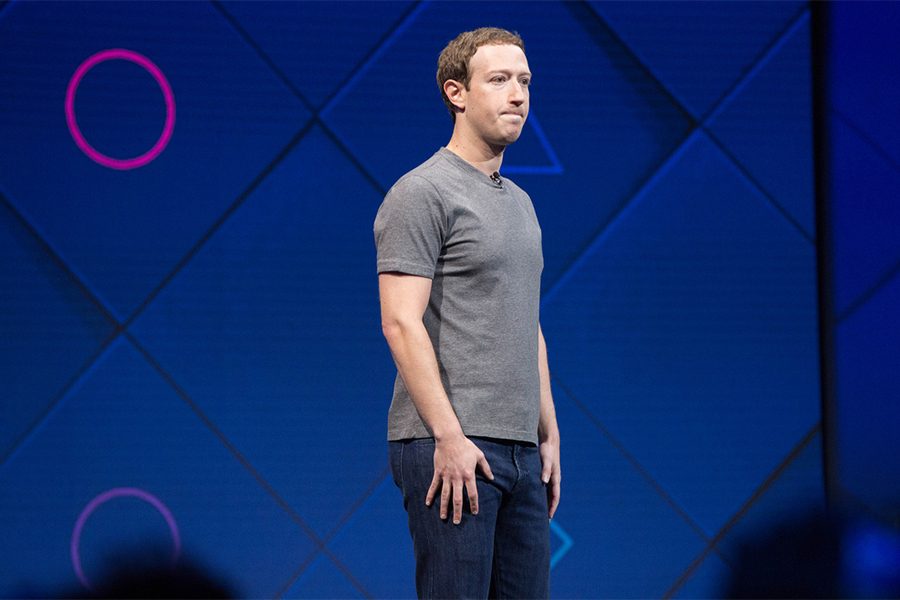Zuckerberg’s Trial Brings Data Questions To Light
Published: April 12, 2018
Facebook is one of the biggest social media websites on Earth. Founded in 2004 by Mark Zuckerberg, originally intended to be a satirical page on which you could rate the attractiveness of girls at his university- it ended up changing the face of how we communicate digitally ever since. Instant messaging, walls of pictures and text on your page in the click of a mouse- no one had been able to formulate the code before a college student at Harvard got upset with an ex-girlfriend.
Nowadays, due to the prevalence of this site all around the globe, Zuckerberg is immensely rich and famous. He is the sole proprietor of “FB,” ever since his entrepreneurship with Eduardo Saverin was slashed early on in its conception. With a net income of $15.9 billion in 2017, it’s safe to say Zuckerberg has it made. He earns this income by running ads on the site, for the most part, which are individualized based on the data Facebook sees you searching for online. These individual ads are possible by what professionals call “firehose” access- access Facebook gives out to third parties so that they may see what we view and what is stored on our “walls,” comments and messages.
More sites than you think use this access to better design ads for you. Twitter, believe it or not, does as well. This year, senators and other high ranking officials began to question what exactly these third parties can see with this access. They believe privacy of data online that is not public is to be upheld. This sent Zuckerberg to testify in front of the Senate Judiciary Committee and Commerce Committee on April 10.
He was questioned about Facebook’s involvement in a possible election interference, why his site had failed to protect users’ data and questioned about whether or not Facebook should be more heavily regulated when it comes to data availability. In a Facebook blue tie, Zuckerberg answered open and honestly about his mistakes. His reasoning?
“I think it’s pretty much impossible, I believe, to start a company in your dorm room then grow it to be at the scale we’re at now without making some mistakes,” Zuckerberg said, in front of the Senate Committee.
Zuckerberg did make a point. Expecting perfection from a homegrown business, despite how big it’s gotten, is expecting too much. Not to say that some data on the site should be kept private- such as messaging- but, on the other side of the coin, we as a public decide what we put on our Facebook walls in the first place. They teach us this in middle school- but in this day and age, we are more apt to disregard the message: be careful about what you say online. It pays to be careful about the what’s, the who’s and the when’s you put out into the world wide web.






![FHN Holds Prom at Old Hickory Country Club [Photo Gallery]](https://FHNtoday.com/wp-content/uploads/2024/04/Brewer_stopmotion-9-300x200.jpg)
![FHN Boys Varsity Volleyball Team Goes Against Troy [Photo Gallery]](https://FHNtoday.com/wp-content/uploads/2024/03/IMG_7545-300x200.jpg)
![FHN Students Watch the Solar Eclipse [Photo Gallery]](https://FHNtoday.com/wp-content/uploads/2024/04/4.8.24-solar-eclipse_-300x200.jpg)
![Girls Varsity Soccer Takes a Loss to the Timberland Wolves [Photo Gallery]](https://FHNtoday.com/wp-content/uploads/2024/04/IMG_0237-300x200.jpg)